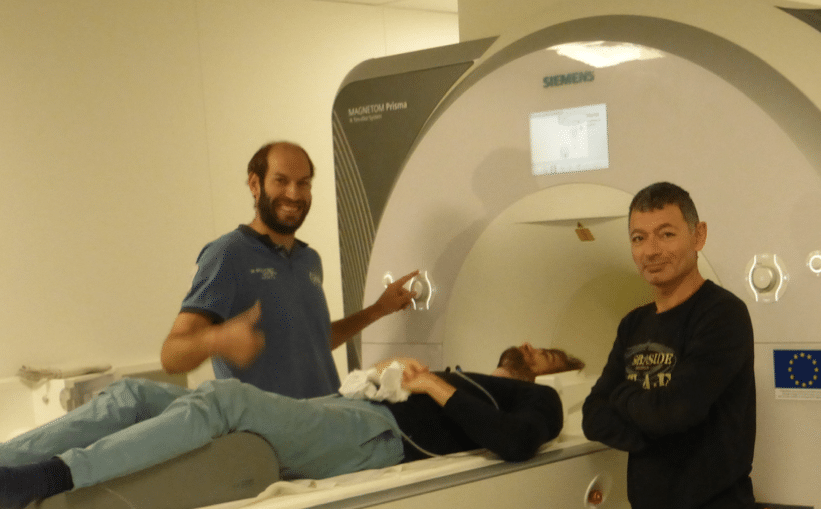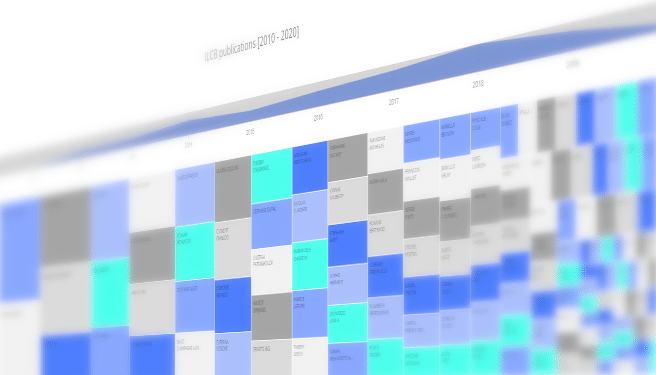
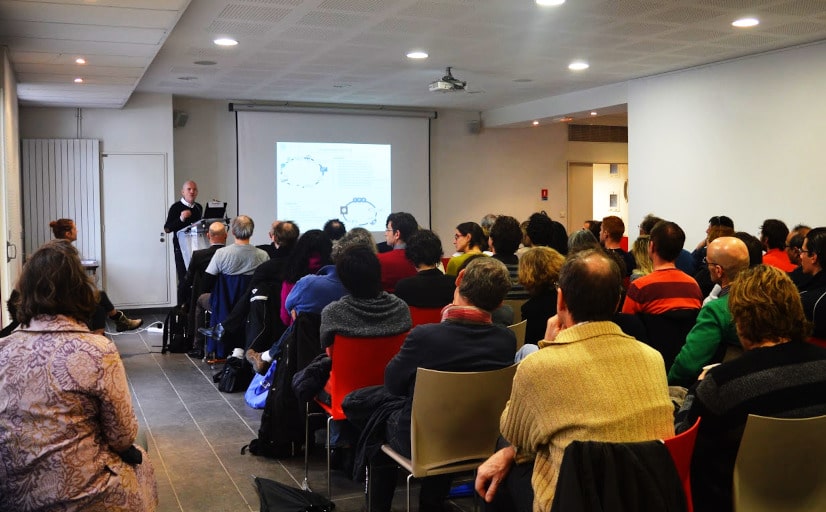
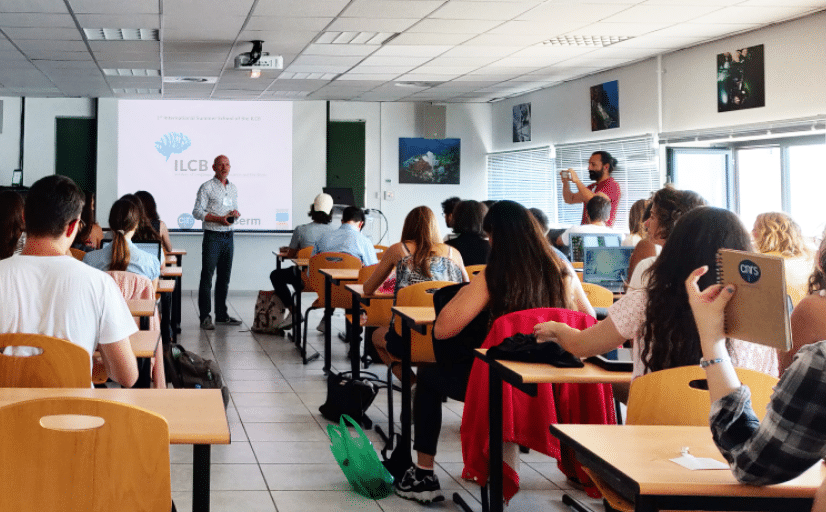
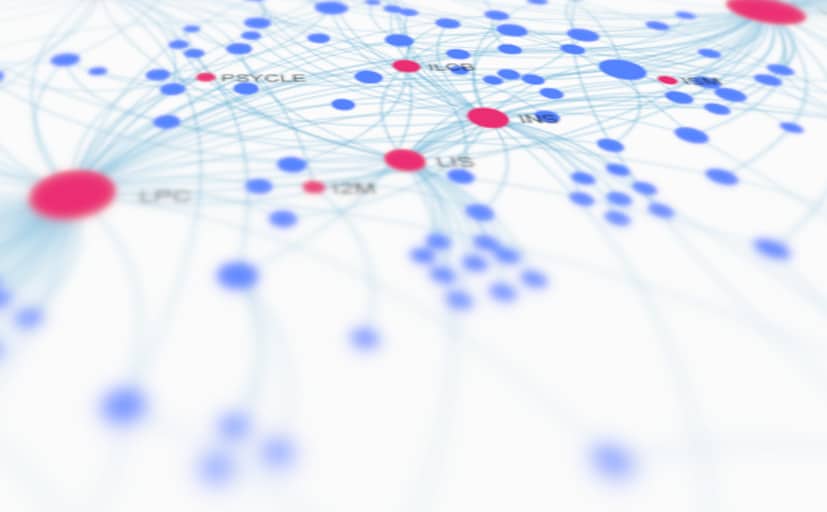
FEATURED PUBLICATIONS
Speaking to a common tune: Betweenspeaker convergence in voice fundamental frequency in a joint speech production task Vincent Aubanel, Noël Nguyen
2020 PLOS/ONE
read more >>
Learning to Read and Dyslexia: From Theory to Intervention Through Personalized Computational Models Johannes C. Ziegler, Conrad Perry, Marco Zorzi
2020 Current Directions in Psychological Science
read more >>
Error-based learning and lexical competition in word production: Evidence from multilingual naming Elin Runnqvist, Kristof Strijkers, Albert Costa
2019 PLOS/ONE
read more >>
Constraints on the lexicons of human languages have cognitive roots present in baboons (Papio papio) Emmanuel Chemla, Isabelle Dautriche, Brian Buccola, and Joël Fagot.
2019 PNAS
read more >>
High-fidelity copying is not necessarily the key to cumulative cultural evolution: a study in monkeys and children Carmen Saldana, Joël Fagot, Simon Kirby, Kenny Smith, Nicolas Claidière
2019 Proceedings of the royal society B
read more >>
Bringing together experts in linguistics, neuroscience, psychology, medicine and computer science to understand and to model the way that language functions.
The objective is to create a generic model of the processing of language and its cerebral bases.
SUMMER SCHOOL
The 3d Edition of the ILCB Summer School offers Introductory, Intermerdiate and Advanced Classes in four core fields of Cognitive Science, reflecting the expertise of the Institute.
read more >>
PhD PROGRAM
An interdisciplinary focus on language research, with interdisciplinary theory and practice trainings at basic and advanced level courses in all relevant disciplines.
read more >>
MASTER
The MaSCo, a new MA in Cognitive Science, provides an advanced scientific curriculum on human cognition, as well as a technological and methodological expertise in evaluation, analysis and modeling of cognitive processes.
read more >>
TRAINING
Advanced trainings are offered to the ILCB members
read more >>
Recent
news and events
Upcoming Events Loop
It seems we can’t find what you’re looking for. Perhaps searching can help.
Post Loop
New member joins ILCB’s International Advisory Board
ILCB is delighted to welcome Prof. Sophie Scott (CBE) on its International Advisory Board. Professor Sophie Scott CBE is Director of the Institute for Cognitive Neuroscience at University College London. She studies the neurobiology of human vocal communication, from speech and sound to social interactions and non verbal emotional expressions. She gave the Royal Institution […]
Multimodal behavioral cues analysis of the sense of presence and co-presence during a social interaction with a virtual patient
Magalie Ochs, Jérémie Bousquet, Jean-Marie Pergandi, & Philippe Blache Frontiers in Computer Science, 2022, 4:746804 @HAL User’s experience evaluation is a key challenge when studying human-agent interaction. Besides user’s satisfaction, this question is addressed in virtual reality through the sense of presence and social presence, generally assessed thanks to subjective post-experience questionnaires. We propose in […]
Associative symmetry: a divide between humans and nonhumans?
Thomas Chartier & Joël Fagot Trends in Cognitive Sciences (2022) Volume 26, issue 4, 286-289 @HAL Anthropocentrism can bias scientific conclusions. As a case study, we challenge the 40-year-old associative symmetry dogma, supposed to cognitively set apart humans from other species. Out of 37 human studies surveyed, only three truly demonstrate symmetry, of which only […]
Learning Higher‐Order Transitional Probabilities in Nonhuman Primates
Arnaud Rey, Joël Fagot, Fabien Mathy, Laura Lazartigues, Laure Tosatto, Guillem Bonafos, Jean‐Marc Freyermuth, & Frédéric Lavigne Cognitive Science, 46 (4), 2022, e13121 @HAL The extraction of cooccurrences between two events, A and B, is a central learning mechanism shared by all species capable of associative learning. Formally, the co-occurrence of events A and B […]
Interaction between orthographic and graphomotor constraints in learning to write
Jérémy Danna, Marieke Longcamp, Ladislas Nalborczyk, Jean-Luc Velay, Claire Commengé, & Marianne Jover Learning and Instruction (80), August 2022, 101622 @HAL We investigated the combined effects of orthographic and graphomotor constraints as a function of handwriting proficiency in children. Twenty-four first graders, 20 third graders, and 21 fifth graders wrote single five-letter words in cursive […]
Chunking mechanisms are central to the acquisition of sequences
Baboons are invited to learn sequences by pointing to a red target circle appearing on a touch screen (Panels A and B). Once the target is touched, it moves to a different position. Baboons repeatedly produce the same sequence of 9 touches for 1000 trials, which are then analyzed as 10 consecutive blocks of 100 […]
HOLINET: Graphe multi-niveaux combinant une couche lexico-sémantique et une couche grammaticale
Jean Philippe Prost (LPL)
Prédiction et apprentissage statistique dans la lecture normale et pathologique : une étude en IRMf (PREDYS)
Johannes Ziegler (LPC), Elisa Gavard (PhD student, LPC), Yufei Tan (PhD student, LPC), Elise Lefevre (PhD student, Lyon), Eddy Cavalli (ex-ILCB, Lyon), Jean-Luc Anton (IRM), Valérie Chanoine et Franziska Geringswald (CREX)
Word-predictability norms for the French Sentence Corpus
Françoise Vitu (LPC)
Language induced changes of mind (LICOM)
Elin Runnqvist (LPL)

